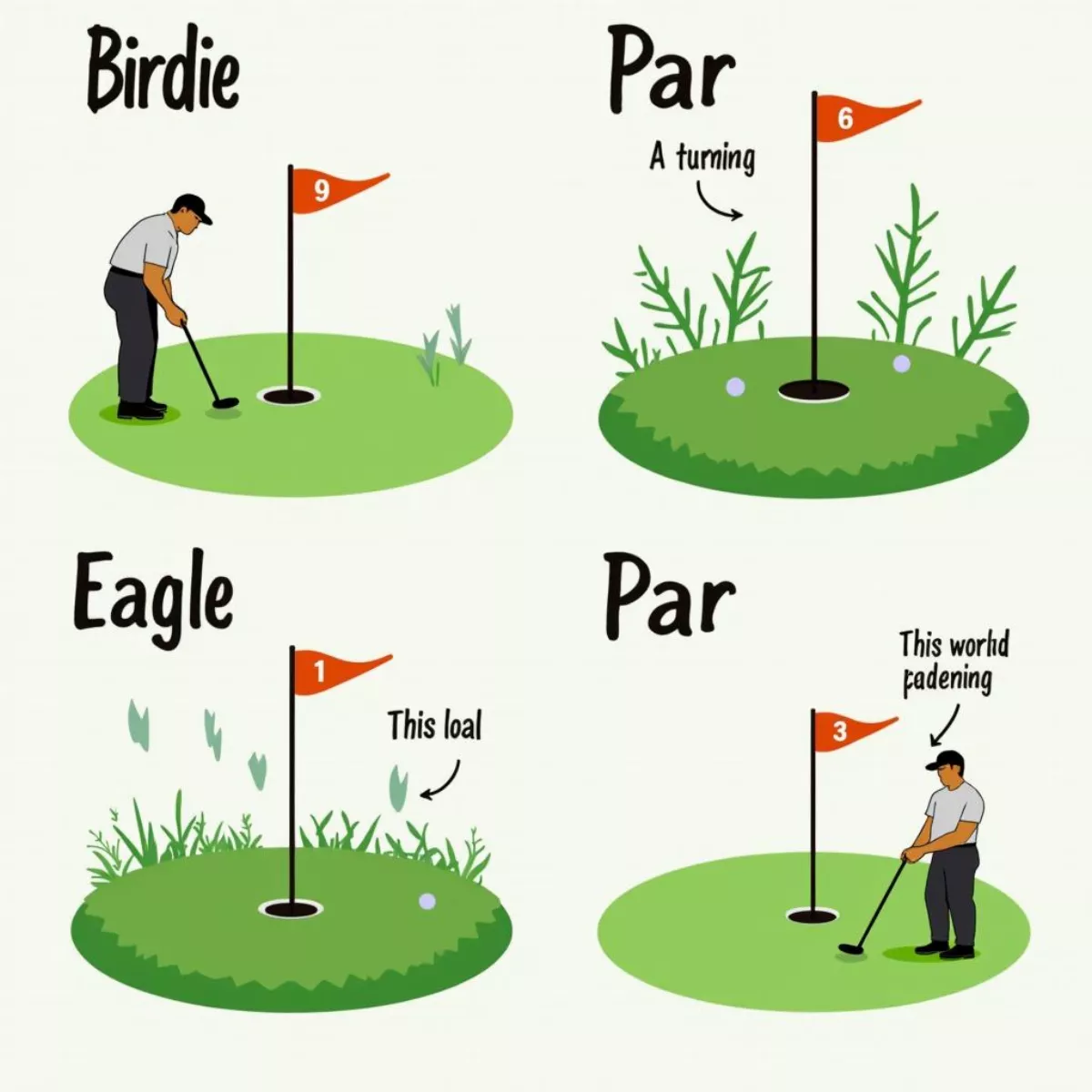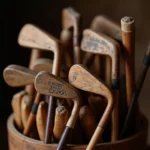Golf is one of the most cherished sports in the world today, played and loved by millions. Have you ever wondered how this iconic game came to be? Buckle up as we take you on an informative journey through its origins, dating back to the early 15th century!
A Brief Look at Golf’s History
While the exact year of golf’s inception remains debated among historians, golf’s roots can largely be traced back to Scotland in the 15th century. The earliest evidence suggests that the game was played on the links of the Scottish Isles, utilizing natural landscapes, which remain integral to golf course designs even today.
Early Mentions of Golf (1400 – 1500)
- In 1457, the Scottish Parliament issued a ban on golf, as it was interfering with military training for archery.
- The ban was lifted in 1502 when King James IV of Scotland became intrigued with the sport, highlighting its growing popularity.
The Evolution of Golf
From its humble beginnings, golf evolved dramatically. Here’s a quick look at how golf transitioned to the modern game we know today:
- 1500s-1600s: Golf began to solidify its rules, particularly in Scotland. The Old Course at St. Andrews, established in 1552, became a central point for golfers. Much of the game’s structure and etiquette sprouted here.
- 1700s: The first recorded rules of golf were published in 1754. With these foundational rules, golf began to gain international acclaim.
- 1800s: The Royal and Ancient Golf Club of St. Andrews, established in 1754, became the sport’s governing body, leading to the creation of the Open Championship, the world’s oldest golf tournament, in 1860.
- 1900s: Golf expanded globally, and by the 20th century, it had developed into a professional sport with significant events like The Masters and the Ryder Cup.
 The Old Course at St Andrews
The Old Course at St Andrews
How Golf Spread Across Continents
As golf flourished in Europe, it began spreading globally in the late 19th and early 20th centuries. Here are some highlights:
- United States: The game took hold in the U.S. in the late 19th century with the establishment of courses like Shinnecock Hills in 1891.
- Australia: Golf made its way to Australia, leading to the formation of clubs like The Australian Golf Club in 1882.
- Asia: By the late 20th century, golf was booming in countries like Japan and South Korea.
Golf’s Unique Vocabulary
Understanding golf means mastering its unique language. Here are some key terms you should know:
| Term | Definition |
|---|---|
| Birdie | Scoring one stroke under par on a hole |
| Par | The expected number of strokes needed to complete a hole |
| Eagle | Scoring two strokes under par on a hole |
| Bogey | Scoring one stroke over par on a hole |
 Illustration of Golf Terminology
Illustration of Golf Terminology
The Cultural Impact of Golf
Golf’s popularity isn’t just about the game itself but also about its impact on culture.
- Movies and TV: Films like “Caddyshack” and “Happy Gilmore” popularized the humorous side of the game.
- Fashion: Golf attire has become synonymous with a casual yet polished style, influencing trends both on and off the course.
- Business Networking: Beyond leisure, golf serves as an essential networking tool in various industries, providing a relaxed atmosphere for business discussions.
Modern Golf: Adapting to Trends
Today, golf continues to adapt to societal changes. Here’s how:
- Technology: GPS devices and apps enhance gameplay. Golf simulators allow enthusiasts to practice indoors, making the sport more accessible year-round.
- Diversity and Inclusion: There’s a growing push for diversity in golf, welcoming players from all walks of life.
- Sustainability: Many courses are implementing eco-friendly practices to lessen their environmental impact.
 Diverse Golfers on the Course
Diverse Golfers on the Course
Key Takeaways
- Golf originated in Scotland around the 15th century.
- King James IV’s endorsement in 1502 marked a pivotal shift in its acceptance and popularity.
- Golf has evolved from a local pastime to a global sport with a rich cultural impact.
- Understanding golf terminology is key to appreciating the game.
- The sport continues to adapt to modern trends, fostering inclusivity and sustainability.
FAQ Section
1. Where did golf first originate?
Golf is believed to have originated in Scotland during the early 15th century.
2. What are the earliest mentions of golf?
The Scottish Parliament banned golf in 1457 due to its interference with archery training, which suggests that golf was already being played around this time.
3. How did golf evolve over the years?
Golf evolved significantly with the publication of the first official rules in 1754 and the establishment of the Royal and Ancient Golf Club in 1754.
4. What is the importance of the Old Course at St. Andrews?
The Old Course at St. Andrews, established in 1552, is considered the birthplace of golf, where many of the game’s official rules and customs originated.
5. How has golf impacted culture?
Golf has influenced various aspects of culture, including film, fashion, and business networking.
6. What modern trends are shaping golf today?
Modern golf trends include the integration of technology, a focus on diversity and inclusion, and enhanced sustainability practices on courses.
7. When was the first Open Championship held?
The first Open Championship took place in 1860 and is recognized as the oldest golf tournament in the world.
8. What terms should I know when playing golf?
Familiarize yourself with terms like birdie, eagle, and bogey to enhance your understanding of the game.
9. Are there any prominent golf movies?
Yes! Classic films such as “Caddyshack” and “Happy Gilmore” have humorously profiled the game and its culture.
10. Is golf accessible to everyone?
Yes, golf is becoming more accessible with initiatives focused on diversity, technology such as simulators, and eco-friendly practices.
Golf is more than just a game; it’s a tapestry woven with history, culture, and continual evolution. Understanding its origins allows us to appreciate how far it has come and where it might go in the future. Whether you’re a seasoned player or new to the sport, the richness of golf’s history will undoubtedly inspire your next round on the course.

